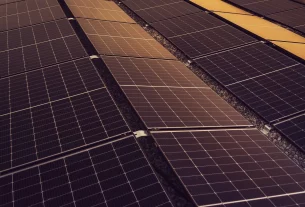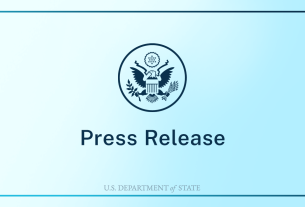Switzerland has received an official invitation to join the European Union’s Military Mobility initiative, marking a significant step in its involvement in European defense collaboration. The move, approved by EU member states on Monday, will facilitate the rapid movement of military forces and equipment across EU borders, aligning Switzerland with several non-EU countries already participating, including the United States, Canada, Norway, and the United Kingdom.
Participation and Neutrality:
The Swiss Federal Council had decided last August to participate in the project, which aims to streamline military mobilization across Europe by reducing bureaucratic barriers in transportation. These efforts encompass various modes of transit, including rail, road, air, and sea. Despite its long-standing policy of neutrality, Switzerland maintains that its involvement does not contradict its non-alignment stance, as the project does not involve commitments to collective defense.
The Military Mobility Initiative:
The EU’s Military Mobility initiative is designed to improve the rapid deployment of military personnel and assets, particularly in response to crises both within and outside the EU. This initiative operates similarly to the Schengen Area but for armed forces, enhancing the EU’s ability to respond to security challenges at its borders and beyond. The project also seeks to strengthen the EU’s transport infrastructure, making it more resilient and better equipped to handle both military and civilian demands.
Future Cooperation:
In addition to Military Mobility, Switzerland plans to join the EU’s Cyber Ranges Federation project, led by Estonia, which focuses on improving cybersecurity training and interoperability within European defense forces. While Switzerland currently has no plans to engage in other PESCO (Permanent Structured Cooperation) projects, its future participation remains a possibility.
This move is seen as a step toward deeper integration with European defense frameworks while preserving Switzerland’s neutrality. It underscores the country’s ongoing commitment to enhancing national defense capabilities and contributing to broader European security initiatives.
Picture by Freepik



